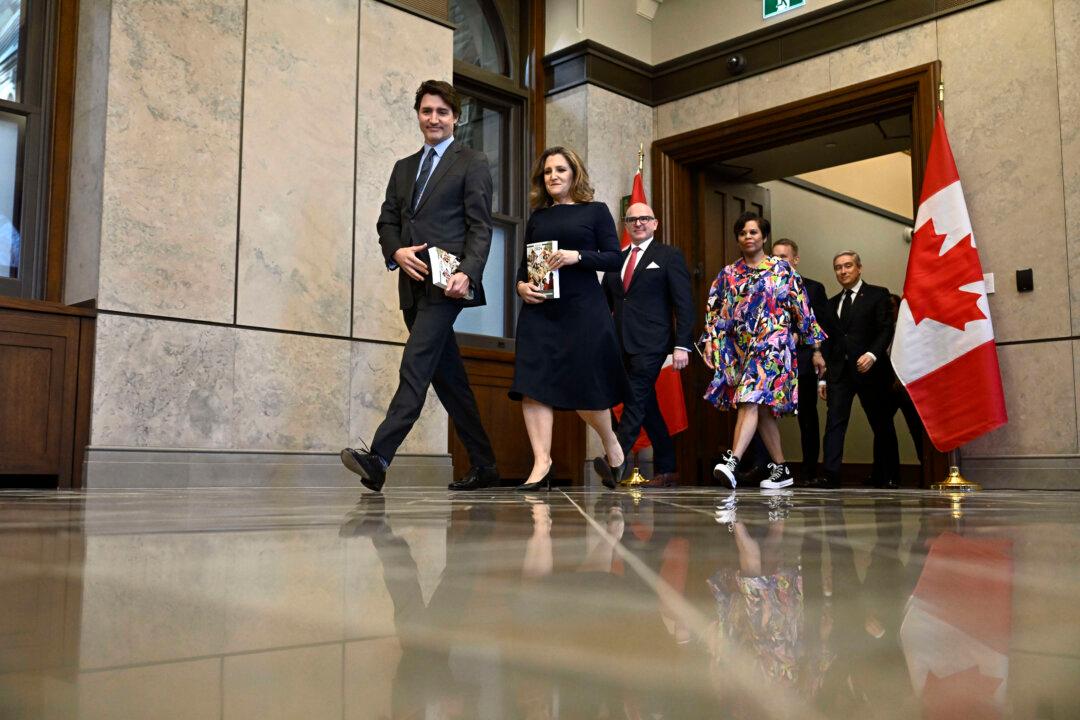Commentary
Deputy Prime Minister and Minister of Finance Chrystia Freeland introduced a dysfunctional budget that will damage the economy with sins of both omission and commission.

Deputy Prime Minister and Minister of Finance Chrystia Freeland introduced a dysfunctional budget that will damage the economy with sins of both omission and commission.